
Top 3 Mistakes to Avoid After Knee Surgery
Choosing to undergo knee replacement surgery is a significant decision often
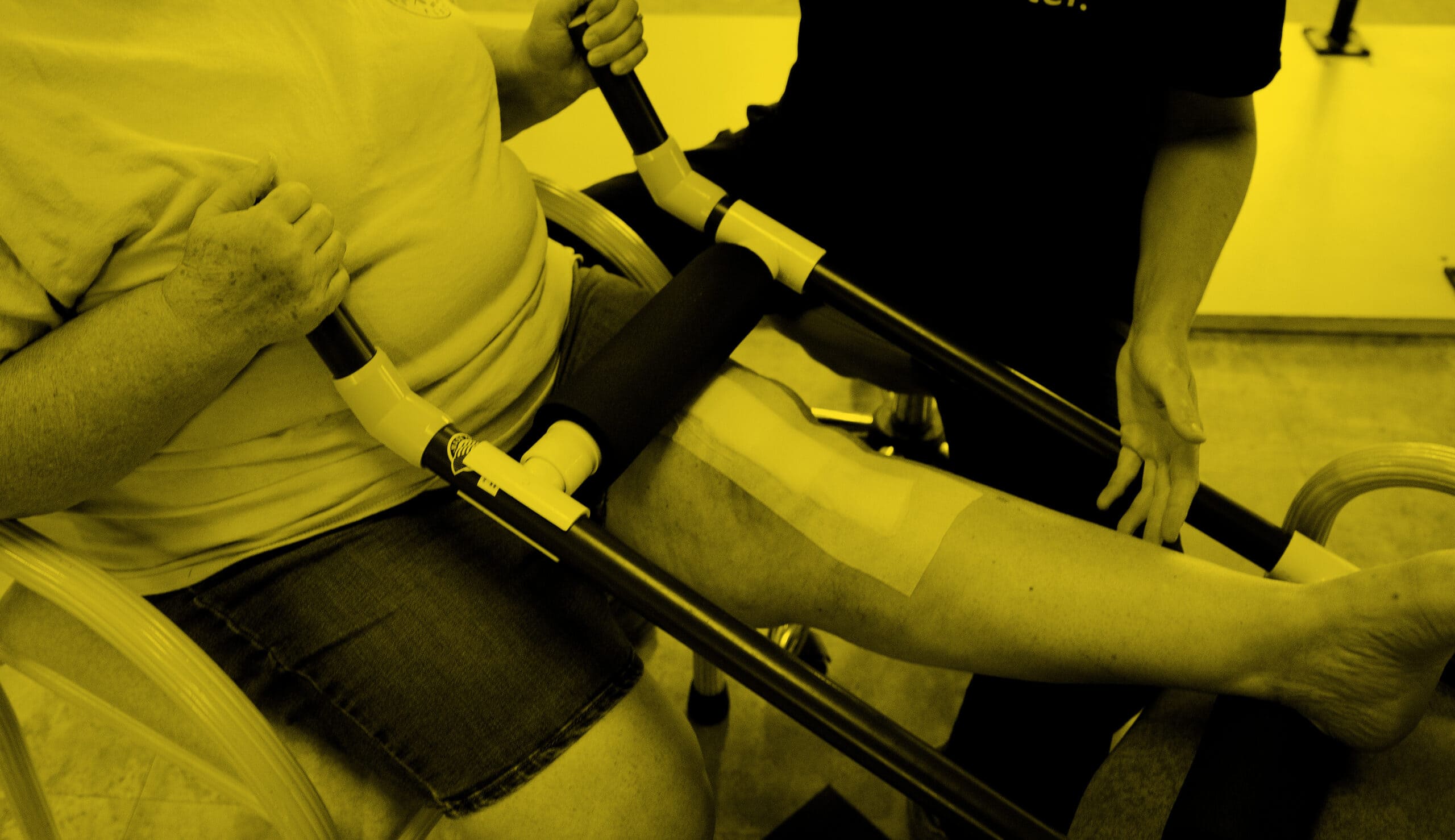
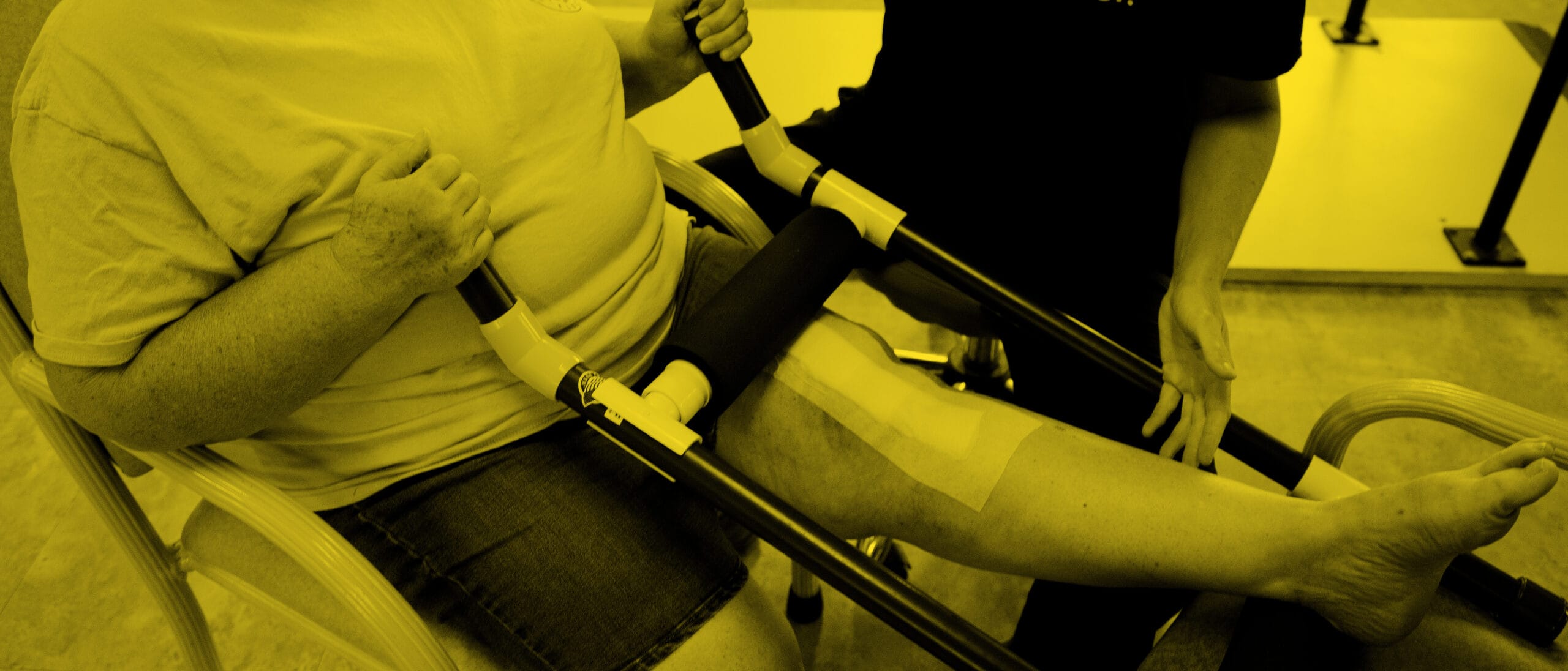

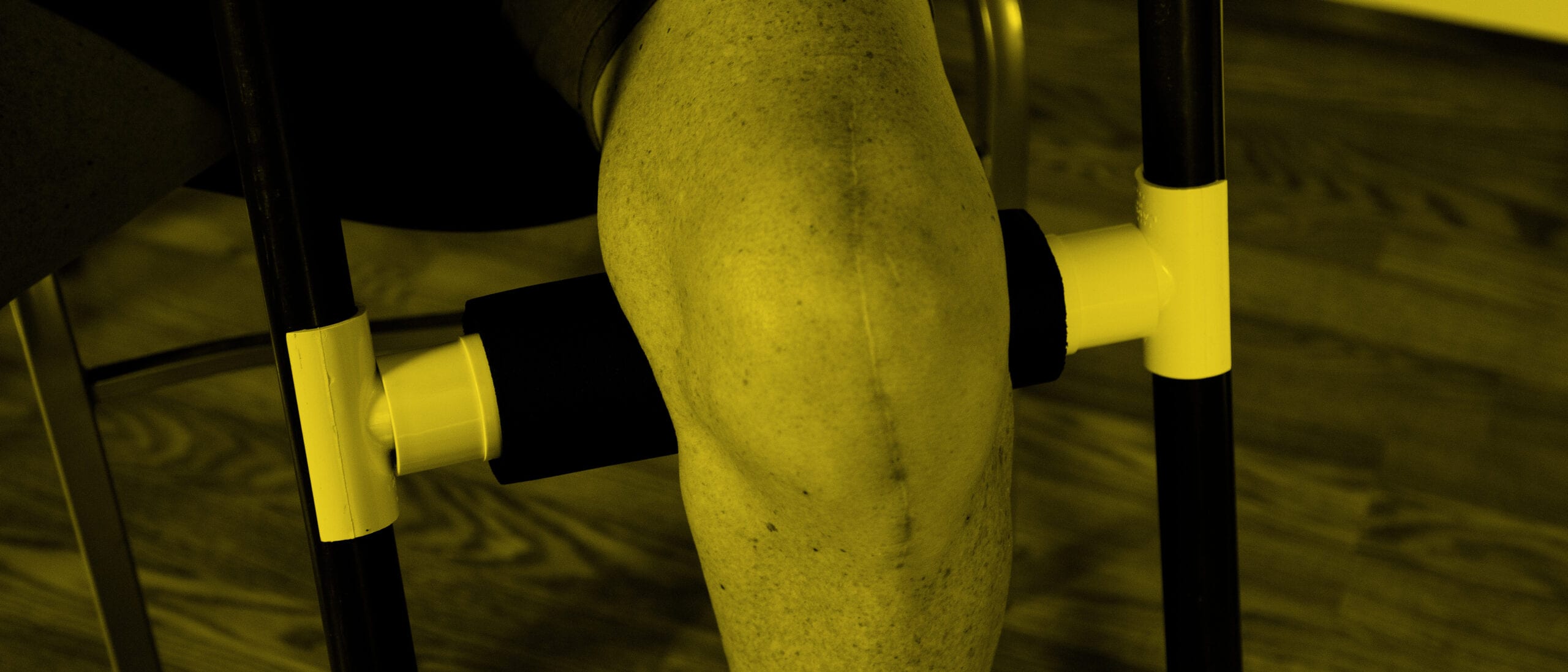

Choosing to undergo knee replacement surgery is a significant decision often

If you are experiencing knee pain and wondering if it is due to arthritis, this article will present 5 common signs of knee osteoarthritis. Learn about the symptoms and causes, as well as how the condition is diagnosed.
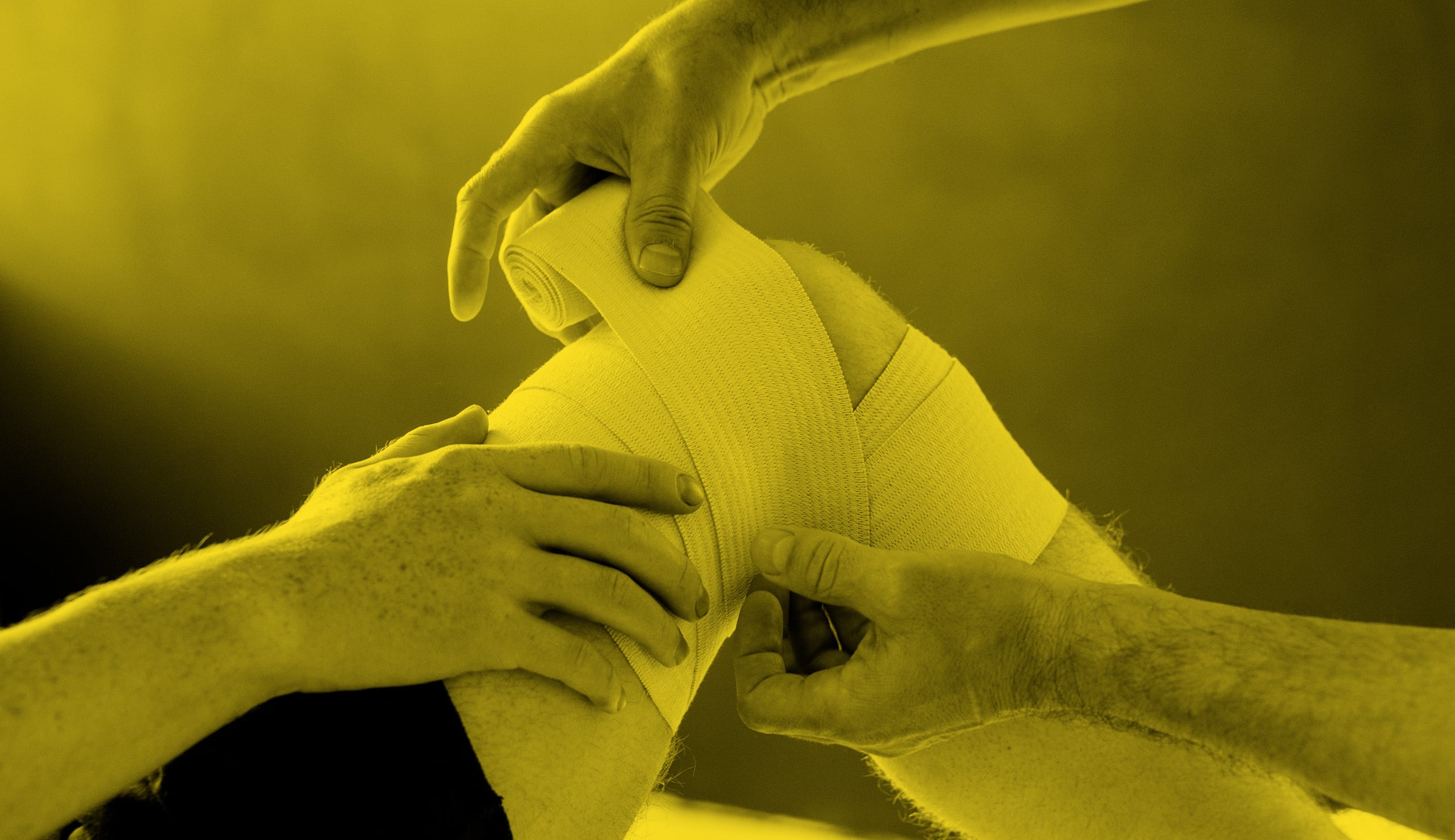
Everyone wants to know what to expect after knee replacement surgery. They
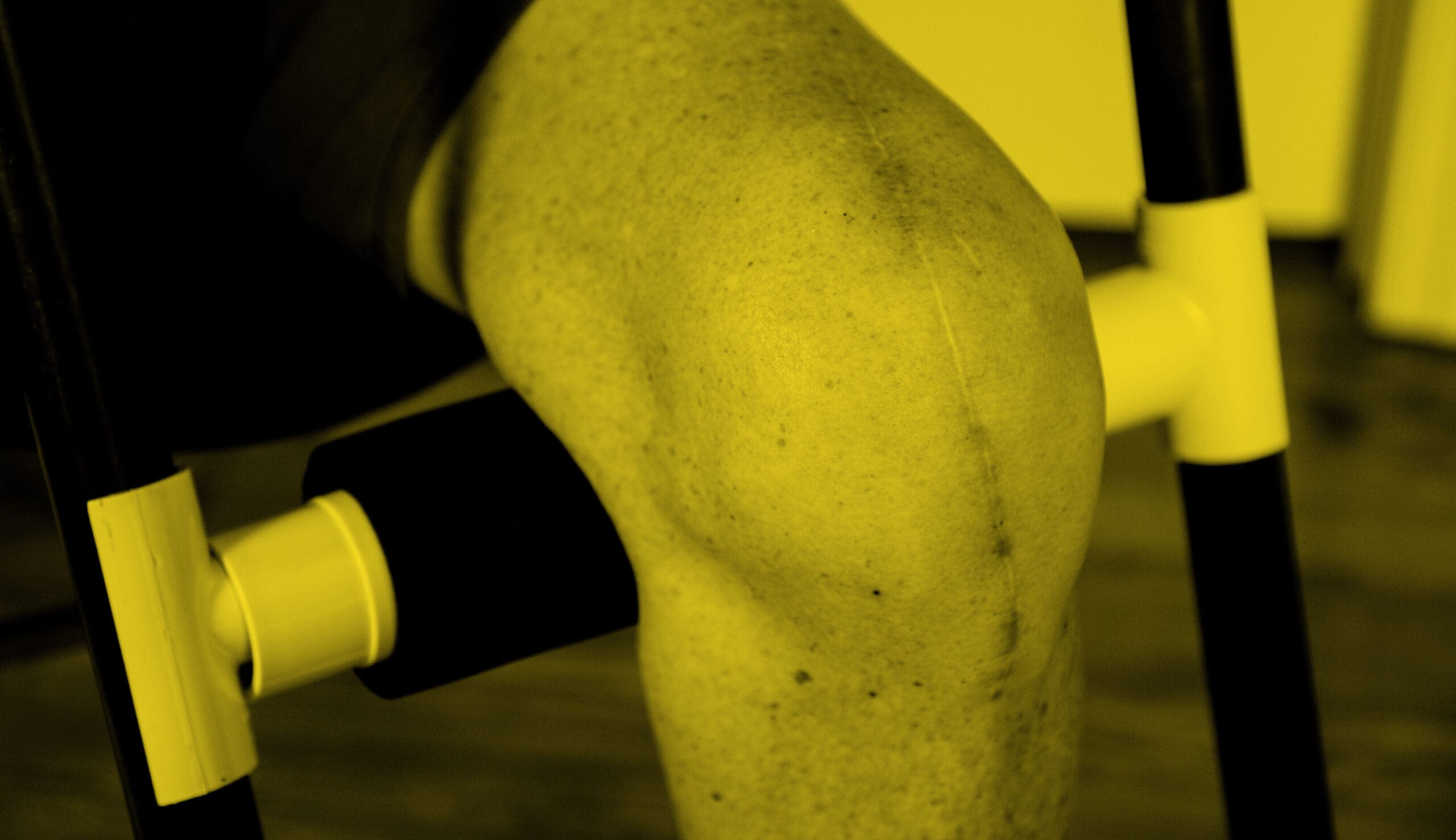
The decision to undergo total knee replacement (TKR) surgery is a major

Clinically proven to cut recovery time in half.
Free Knee Rehab Checklist
Download our free Knee Rehab Checklist and reach your knee recovery goals faster.
